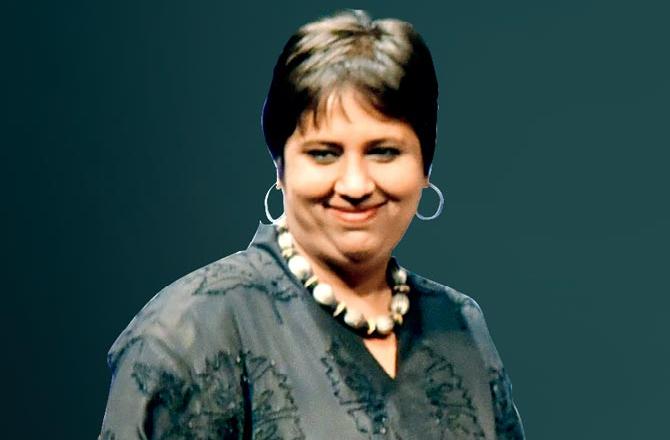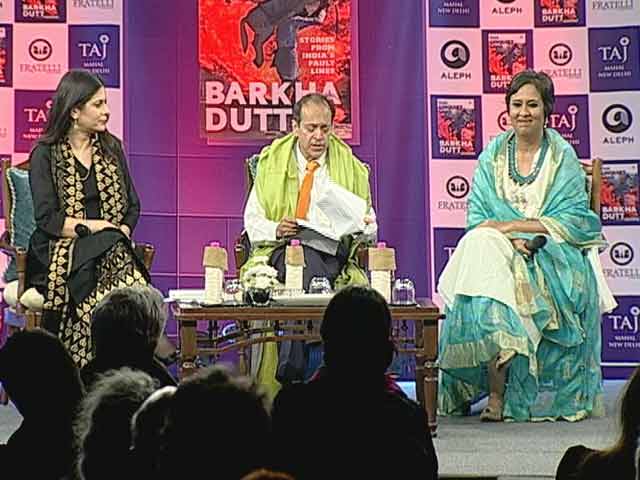
They offer sobering, thoughtful, heartfelt commentaries-often “softly" and “shyly"-that Dutt clearly sees hope in. From soldiers to a Dalit entrepreneur, victims of the 2002 Gujarat massacre to the son of Dadri’s Mohammad Akhlaq, who was murdered-Dutt has talked to them all. The rich and famous aside, much of the book is also written around what Dutt hears and learns from the more ordinary guests on her various shows. It did for me what it did for Dutt: “I realized how flawed were the assumptions we civilians make about nationalism and war." “A soldier’s motivation and readiness to die came first from the need to uphold the honour of his paltan, his platoon…everything else came next." As a young jawan tells her: “I don’t think any soldier would want a war."Īll this struck a powerful chord, for these are exactly the sentiments I heard from soldiers I spent time with on the Line of Control (LoC) in 2004. “To meet hundreds of young men at the battlefront and talk to them about the possibility of imminent death changed me and my beliefs fundamentally," she writes. Like this lesson from her Kargil war reporting that first made Dutt a household name. The more shaded Dutt thinks her journalism has become, the more she is seen in black and white.

You know it will affect not just the quality of her reporting, but how viewers react to her as well, and my feeling is, in an intriguingly inverse way.
BARKHA DUTT BOOKS TV
But with a journalist seen on TV screens across this country every day, it carries an extra resonance. Perhaps that happens to most of us, true.

In fact, a recurring theme is Dutt’s reflection on how the black and white way in which she considered issues in college and her early reporting years has evolved to the more nuanced, more shaded perspective of adulthood and experience. Years of reporting from the front lines of these fault lines have opened her eyes to them in ways, she confesses, she never thought about in her youth.
BARKHA DUTT BOOKS DRIVERS
" Indeed: What else does a separate entrance for drivers speak of?ĭutt structures her book around what she calls “fault lines" in India, wealth being one.

Five pages later, Dutt writes in another context: “It could not be said that India was today a more equal society than. In wonder myself, I returned to Dutt’s lines, which had come to life in my friend’s words. “It must have cost at least a crore," he said.


 0 kommentar(er)
0 kommentar(er)
